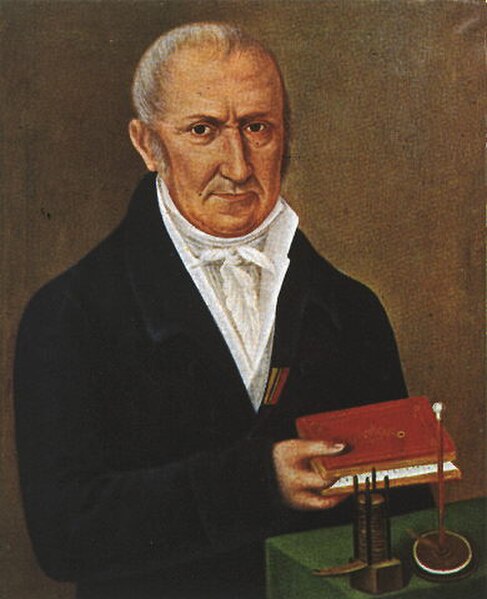National Inventors Hall of Fame
The National Inventors Hall of Fame (NIHF) is an American not-for-profit organization, founded in 1973, which recognizes individual engineers and inventors who hold a U.S. patent of significant technology. Besides the Hall of Fame, it also operates a museum in Alexandria, Virginia, sponsors educational programs, and a collegiate competition.
Display of inductees in the National Inventors Hall of Fame in Alexandria
U.S. Patent and Trademark Office, Madison Building in Alexandria, home to the National Inventors Hall of Fame museum
An invention is a unique or novel device, method, composition, idea or process. An invention may be an improvement upon a machine, product, or process for increasing efficiency or lowering cost. It may also be an entirely new concept. If an idea is unique enough either as a stand-alone invention or as a significant improvement over the work of others, it can be patented. A patent, if granted, gives the inventor a proprietary interest in the patent over a specific period of time, which can be licensed for financial gain.
'BUILD YOUR OWN TELEVISION RECEIVER.' Science and Invention magazine cover, November 1928
Alessandro Volta with the first electrical battery. Volta is recognized as an influential inventor.
Thomas Edison with phonograph. Edison was one of the most prolific inventors in history, holding 1,093 U.S. patents in his name.
The Gutenberg press was voted the most important invention of the second millennium.






